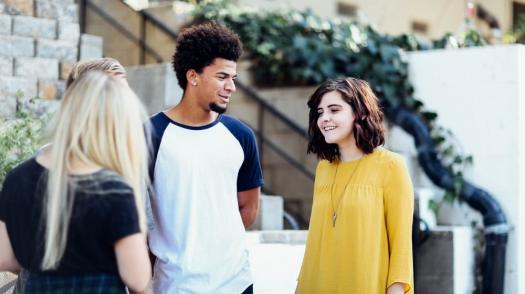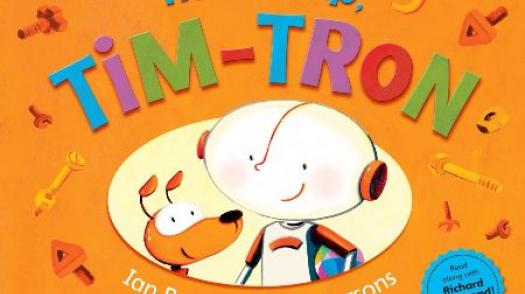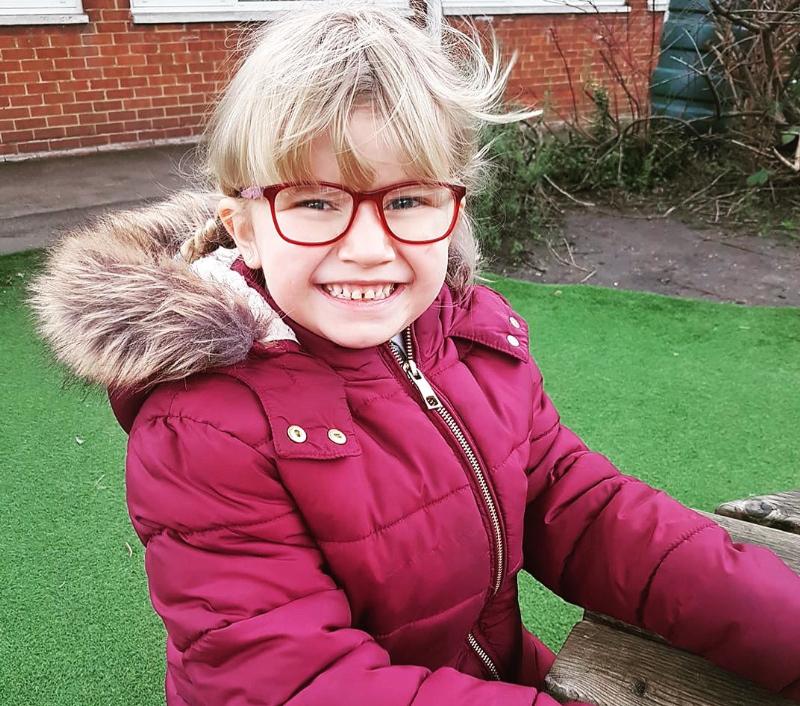
Challenges after a brain injury – and how I overcame them
At the age of 15 Joe had a traumatic brain injury. Now aged 22 he shares his tips on the things that helped him.
Jess, 14, shares her experience of brain injury and the strategies and interests that help her.
Published: 19/05/2020
My name is Jess. When I was two years old, I had meningococcal septicaemia and the after effects are being partially deaf in both ears and brain injury. We only found out around a year ago that I had a brain injury. I have always been different, but this is a good thing.
In this piece I’ve shared some information about myself and what helps me.
I like trampolining when I am confused or angry.
I like writing when I am sad. I am currently writing a book called 'Brain waves’. It’s about my brain injury and I’ve done 28 pages so far.
I love listening to music. And since I was little, I have read my way through many books.
My difficulties are understanding who I am to someone and making friends. I also struggle with memory and emotions.
Trampolining and writing helps. I like making myself lists and goals – to help remember or steps to get something done.
To help you understand better it’s always great to open up to an adult you trust, or a friend you trust. They can help you a lot and make you think of things from the other perspective.
Making friends has always been a hard one for me, but what helps is going to a youth club that never judges me and I can experiment how I look or what I do and they won’t mind. Through that I’ve also made plenty of friends just by getting involved in group activities, so after Covid, starting a club might also be a very good thing to do.
To help my memory, I write lists and morning/evening routines. And for emotions I like writing quotes to understand my emotions more and to think about what it’s like for the people around me. It has helped me so much with empathy too.
Memory has been a massive thing for me – none of my friends get why I can remember some things and not others. But sometimes even I wonder why I do not remember certain things.
If I am speaking the truth, coronavirus was a big issue for me at the start, because I feel like I am always over-protected even though I know its for my safety and I understand it. But when Covid came round, everyone was in the same boat as me, so it kind of felt comforting.
Of course, there are those times when the isolation really gets to you and you need to talk to a friend. And if available, you could call someone or even just play with your pets. Due to Covid, I have also become a lot closer to my own pets, Ruby and Lady.
I have a lot of quotes that help me but I think my favourites are ‘Be someone you would want to read about’ and ‘Don’t be ashamed of your story – it will inspire others’.
Jess is currently receiving support from The Children’s Trust’s Brain Injury Community Service. The team are working with Jess and those around her, at home and school, to support understanding of her brain injury and developing her independence skills.

At the age of 15 Joe had a traumatic brain injury. Now aged 22 he shares his tips on the things that helped him.

Our series of free books and resources aimed at children and families (P&P costs only).

The Children's Trust Community Rehabilitation Service provides specialist goal-orientated neurorehabilitation delivered in the child's environment. Our ultimate goal is to maximise the child's participation in everyday life.